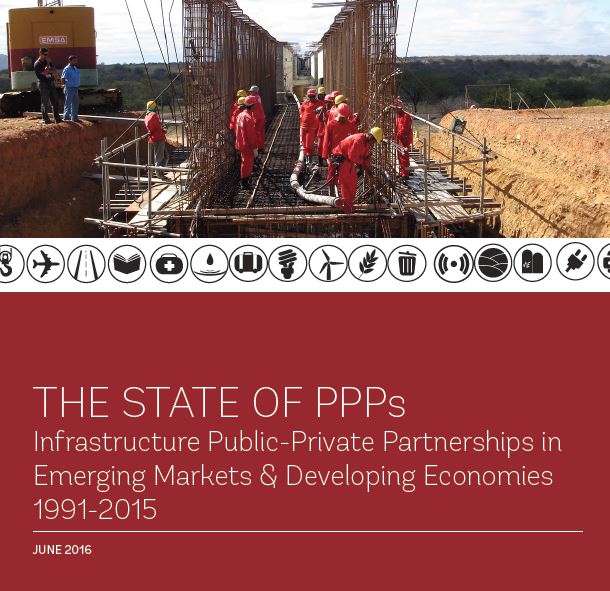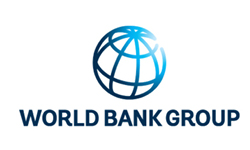1292 results found
Featured results



More results
The purpose of the present publication, Towards better infrastructure products: a survey of investor s perceptions and expectations of infrastructure investment , is to conduct the first in-depth study of the perceived role by infrastructure assets for investors.

We are pleased to share the findings of an infrastructure investment study, released today by the Global Infrastructure Hub (GI Hub) and EDHEC Infrastructure Institute-Singapore (EDHECinfra). The global study, which looked to identify investor expectations for the sector, found that investors have an increasing appetite for infrastructure including in emerging markets, with the number of investors looking for exposure to emerging markets set to more than double over the next 3-5 years.
GI Hub CEO Chris Heathcote appeared at the Asian Infrastructure Investment Bank’s (AIIB) first annual meeting on June 25-26. Mr Heathcote appeared on a panel discussing ‘Infrastructure and Global Economic Growth’.
The PFRAM, developed by the IMF and the World Bank, is an analytical tool to assess the potential fiscal costs and risks arising from PPP projects.

This paper provides a condensed yet substantive overview of the key international lessons learned in the area of PBMC.


This report uses data from the PPI Database to analyze broad trends of PPP investment in infrastructure from 1991 to 2015.



The objective of the Diagnostic is to provide strategic, customized advice to client countries so they can make informed decisions in determining an operational plan for their PPP program, the choice of public investment vis-à-vis PPP, and type of PPP.


The report discusses forms of intervention and trade-offs, enabling factors, and evidence from case studies and stakeholder consultations in the areas of water, agriculture and energy. The report includes recommendations for a possible roadmap and funding options.

This report shows how competition policy can help African countries boost inclusive and sustainable development, the report outlines how competition policy can boost key sectors competition standards and legal/policy frameworks.

The Capital Framework supports the successful delivery of capital projects in the ACT. It provides practical assistance to those proposing investment projects in the ACT.

The Infrastructure Prioritization Framework is a multi-criteria decision support tool that considers project outcomes along two dimensions, social-environmental and financial-economic to inform project selection.

These Guidelines provide a transparent framework for the ACT Government to develop and deliver Public Private Partnership (PPP) projects.

The MDBs’ Joint Declaration of Aspirations on Actions to Support Infrastructure Investment is a tool developed to ensure that MDBs work together to scale up infrastructure investment and attract private sector investment.


This publication discusses financial viability support in the global landscape of infrastructure finance.


UN ESCAP supports governments in Asia-Pacific in implementing measures to efficiently involve the private sector in infrastructure development.




 Chinese
Chinese







